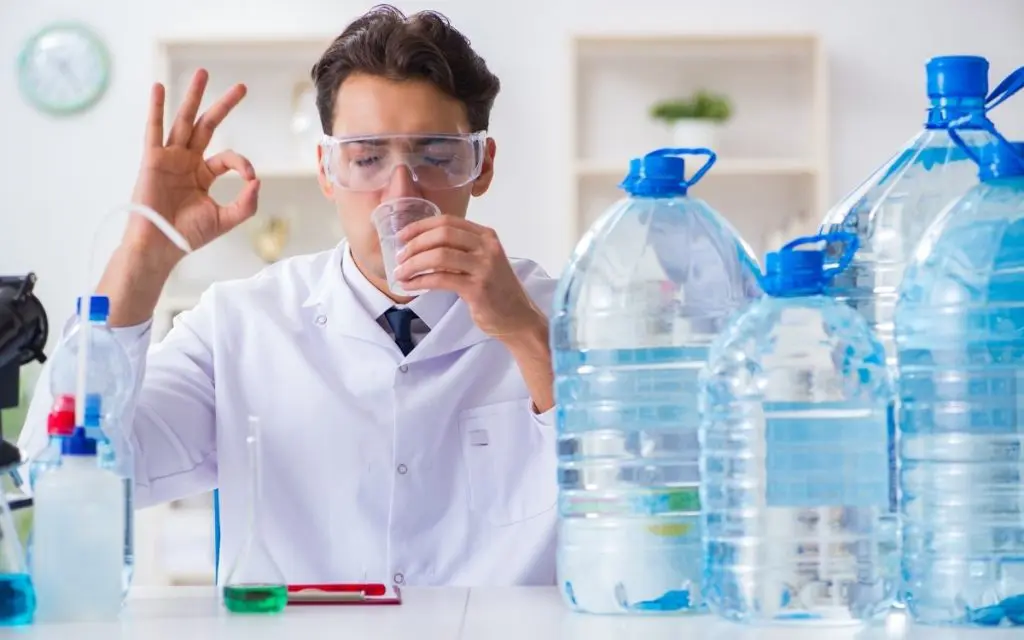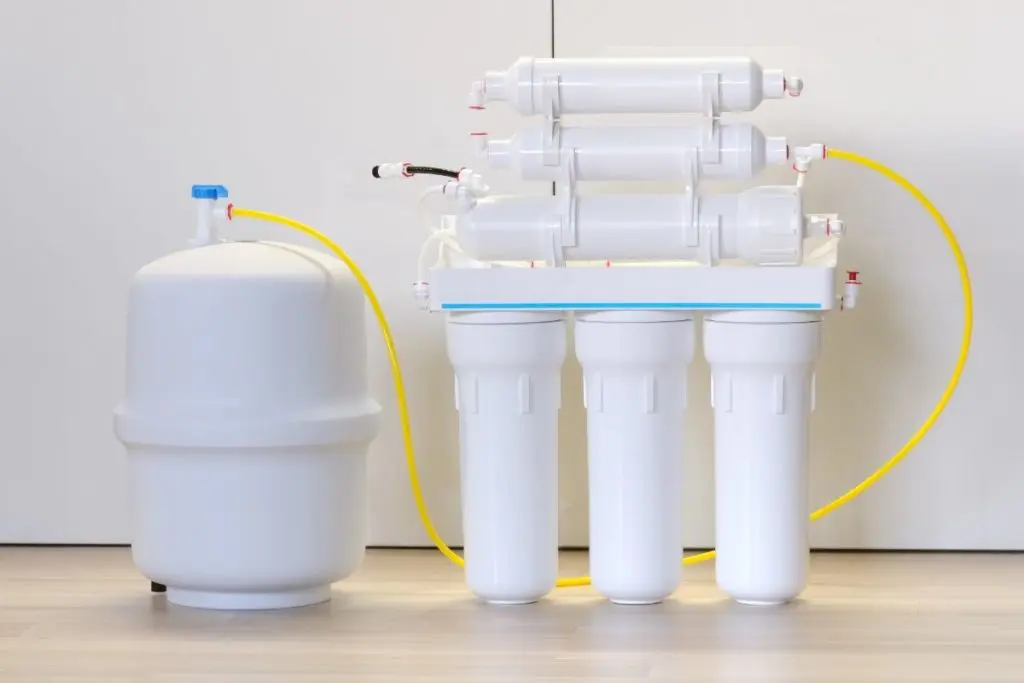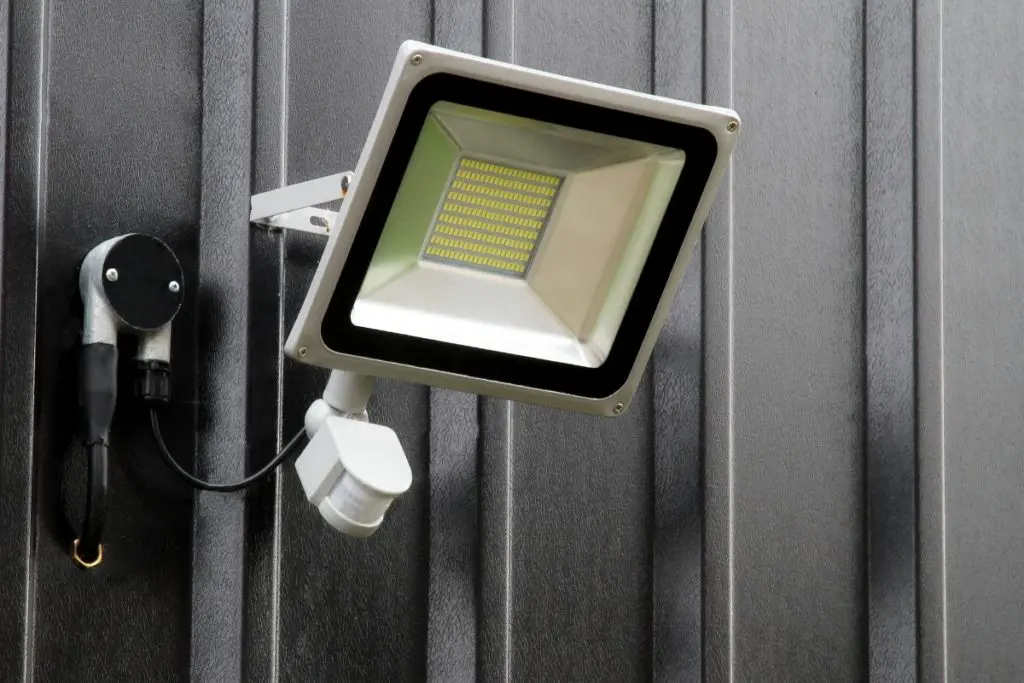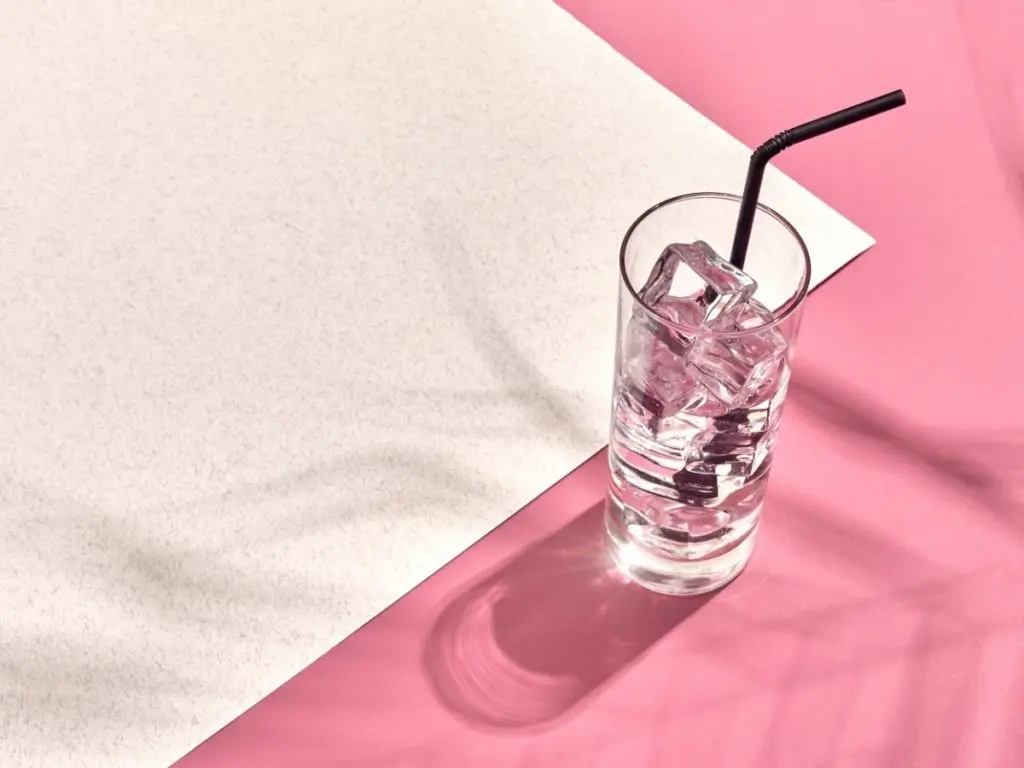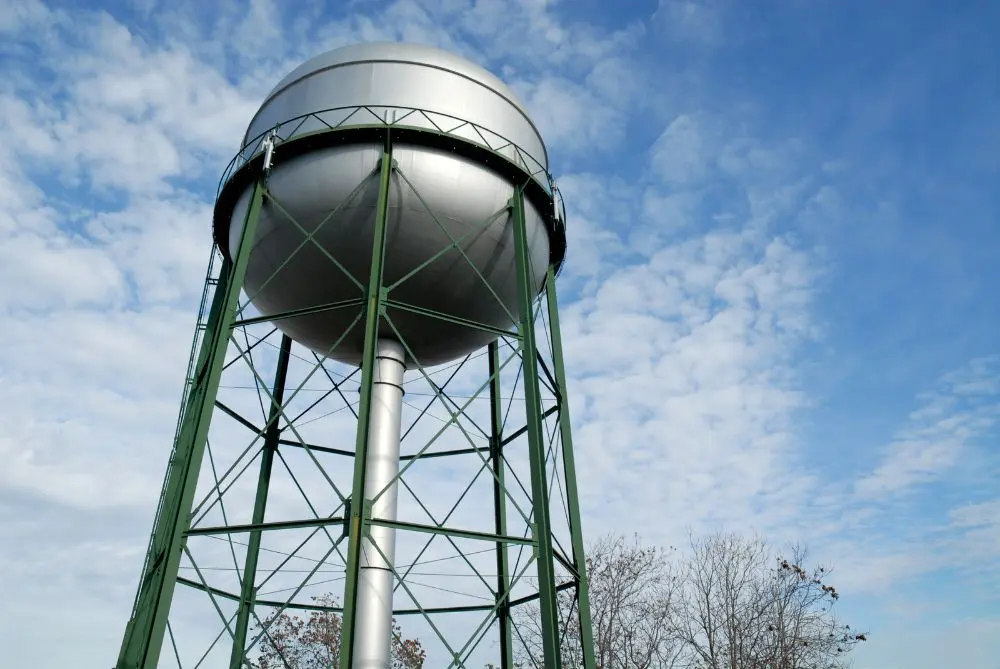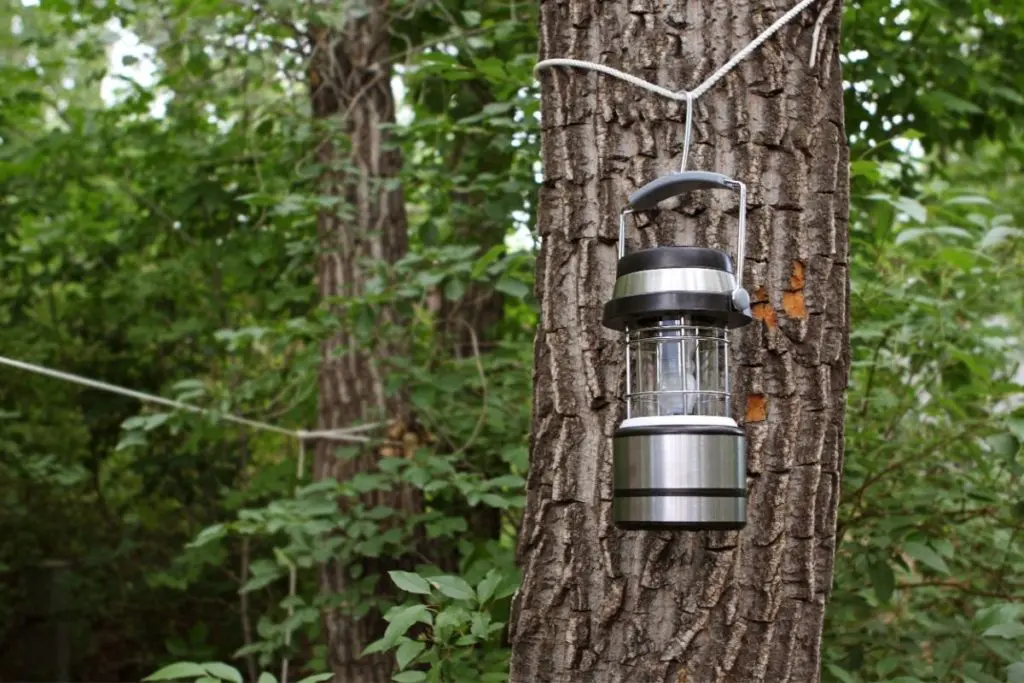So you’ve been wondering about your water quality. Could there be something harmful in the water you drink every day? Chlorine, nitrates, bacteria, and other pollutants that make their way into our water supply can cause various serious health problems. While most water is usually safe to drink, you don’t really know until you know! A simple at-home testing kit can be an affordable starting point, or you can send a sample of your water to a professional lab for more accurate and extensive testing. Read on to learn more ways on how to test water quality at home.
Should You Test Your Water?
Even though the United States has one of the safest public drinking water systems in the world, there is always a chance of leaks, pollution, or water distribution problems, like old or unsafe piping.
There are many situations in which it makes sense to test your water quality. If you have well water, it’s always a good idea to periodically test to make sure it’s within safe levels.
Your water could be crystal clear and clean. Or, you could have a minor problem, like water that doesn’t taste great or is too hard. On the other end of the spectrum, it’s possible you’re drinking and bathing in polluted water. The only way to know for sure is to test.
Signs Your Water Quality Isn’t Pure
There are a few telltale signs that point towards treatment or filtration, like water that smells sulfuric (like eggs), or too chlorinated (like a pool). If your water is hard, you may see rust stains or buildup on your fixtures, tub, or toilet — or your hair and skin might feel dry after showering.
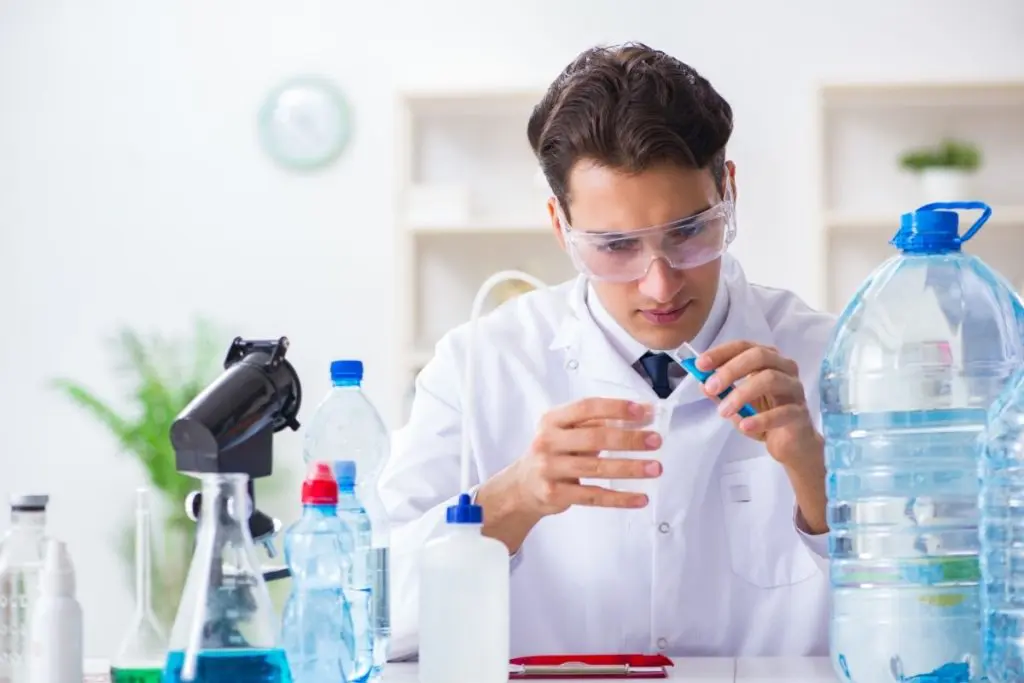
Both hard water and soft water are safe to drink, but excess minerals in your water can cause all sorts of problems around the house. Other signs of hard water include clothes that wear out quickly, or scaly buildup around faucets or inside of appliances like water heaters.
But none of these issues are directly harmful to your health. The problem is, some of the most dangerous water contaminants don’t have any taste or smell, and you can’t see them. So even if you think you have clean water, it never hurts to find out for sure.
Water Quality Red Flags
There are a few situations where you must test your water as soon as possible. If the taste of your water suddenly changes or develops a funny smell that wasn’t there before — you should test your water right away.
Even more concerning: if there’s any chance there could be lead in your water, test now. There is no safe level of lead, particularly for children.
Lead in drinking water is usually a result of pipe corrosion, and if your house was built before 1986, you might have lead pipes. Lead contamination can also happen on a larger scale. What happened in Flint, Michigan, is a well-known public case. Still, a water quality crisis can happen anywhere there’s aging water infrastructure or other risks.
Luckily, you can find rapid and inexpensive lead tests; many states or local health departments offer free test kits as well.
How Do You Test for Water Quality?
You can always hire someone to test your water, like a plumber, a home inspector, or a water filtration professional. Just make sure to use caution when hiring someone from a company that also sells water filtration products. They may have more of an interest in selling your products than accurate testing.
County health departments also usually offer free or inexpensive testing services for more immediately harmful contaminants like bacteria, lead, or nitrates.
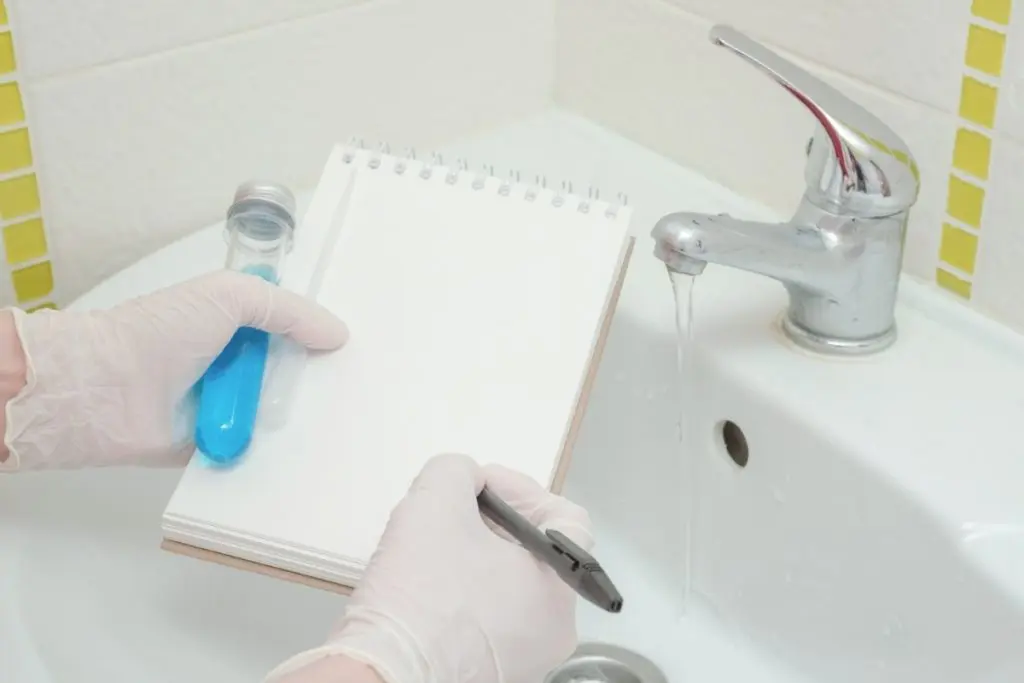
How Can I Test Water Quality Myself?
If you’re wondering how to test drinking water quality at home, there are two main options. You can either test a sample with an at-home water testing kit yourself, or you can mail a sample to a certified lab for professional testing.
The two kinds of tests tend to vary widely in price. A very basic at-home water test kit costs around 15 or 20 bucks. In contrast, a professional mail-in test starts at approximately $150 for a brief report. Price increases to $300+ for a greater level of testing and recommendations.
At-home kits give you a quick snapshot of what’s going on with your water. They will call attention to any red flags that might require further testing. But they come with a few drawbacks: they’re not comprehensive, and unfortunately, their accuracy varies. There’s also room for user error, and cheaper test strips are prone to failure or expiration.
Suppose you don’t have a specific, urgent concern about a harmful contaminant (like lead or bacteria). In that case, it’s perfectly reasonable to start with a simple, inexpensive water quality test.
If, on the other hand, you’re anxious about what could be lurking in your water, you probably need the more accurate results that come with a mail-in sample kit. These water testing kits are held to a higher scientific standard. They are tested in a controlled laboratory environment, all within much stricter parameters than at-home kits.
Why You Should Test City Water
If you get your water from a municipal source, it is regulated by the U.S. Environmental Protection Agency (EPA). Your water company must notify you if there are any contaminants in your water that could cause harm or illness.
Since city water gets regular monitoring, the chances of anything genuinely worrying like volatile organic chemicals (VOCs) getting into your water supply is pretty low. However, the overall quality of city water will vary depending on where you live, your city’s oversight, the geography of your region, and the age or condition of your water lines.
You can always access your city’s Consumer Confidence Report (CCR) online to see a report on the state of your drinking water. You can also call the EPA’s Safe Drinking Water Hotline at 800-426-4791 for more information about your area.
It is worth noting that there are plenty of contaminants that can be present within legal limits and still be harmful to your health. Regulations don’t always keep up with the amount of new contaminants in public water systems. The only way to know for sure? Test.
One more reason to test city water: it’s almost always treated with chlorine (or something similar) to eliminate bacteria and pathogens. Obviously, these are essential to get rid of. Still, it can also mean excess chlorine remains in the water we use to bathe and drink. Chlorine is one of the easier contaminants to affordably test and remove from your water, with a simple activated-carbon filter.
Why You Should Test Well Water
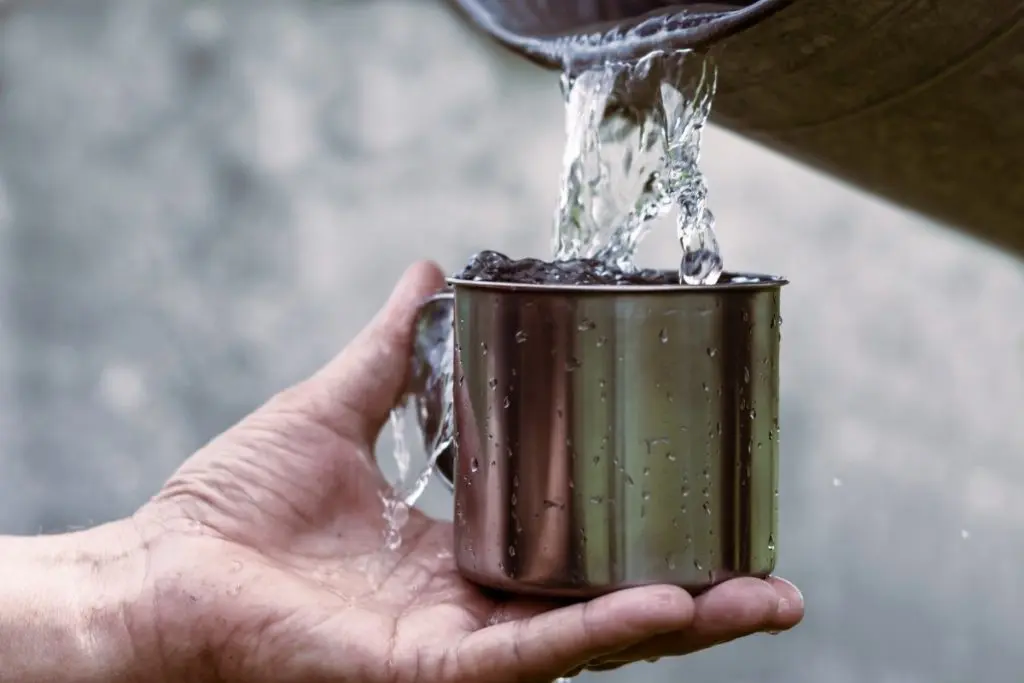
Water from a well comes from deep in the ground, meaning it’s usually very fresh and filled with natural minerals. But well water is also more vulnerable to contamination than city water, including bacteria or agricultural chemicals that are removed from city water.
As a well owner, it’s your responsibility to make sure that your water is safe to drink. You should check your water quality at least annually. Make sure to choose a high-quality at-home water test, or send in samples to be professionally tested. Avoid cheap DIY strips for well water testing, and use a kit that includes bacteria and nitrate testing.
How to Test Water Quality at Home: Now What?
Now that you’ve decided to test your water, Here’s a handy primer on how to improve water quality at home. This is a good place to start if you need some general information about improving water quality or want to learn a quick overview of the different types of filtration to help you achieve cleaner water.
After testing, if you find you need to filter your water, we’ve also got you covered. For deeper dives into the world of water filtration, check out the best whole house water filters and the best reverse osmosis filtration systems. These guides will help direct you toward which types and levels of filtration will work for you — and help you avoid filtration overkill.
Further Reading

